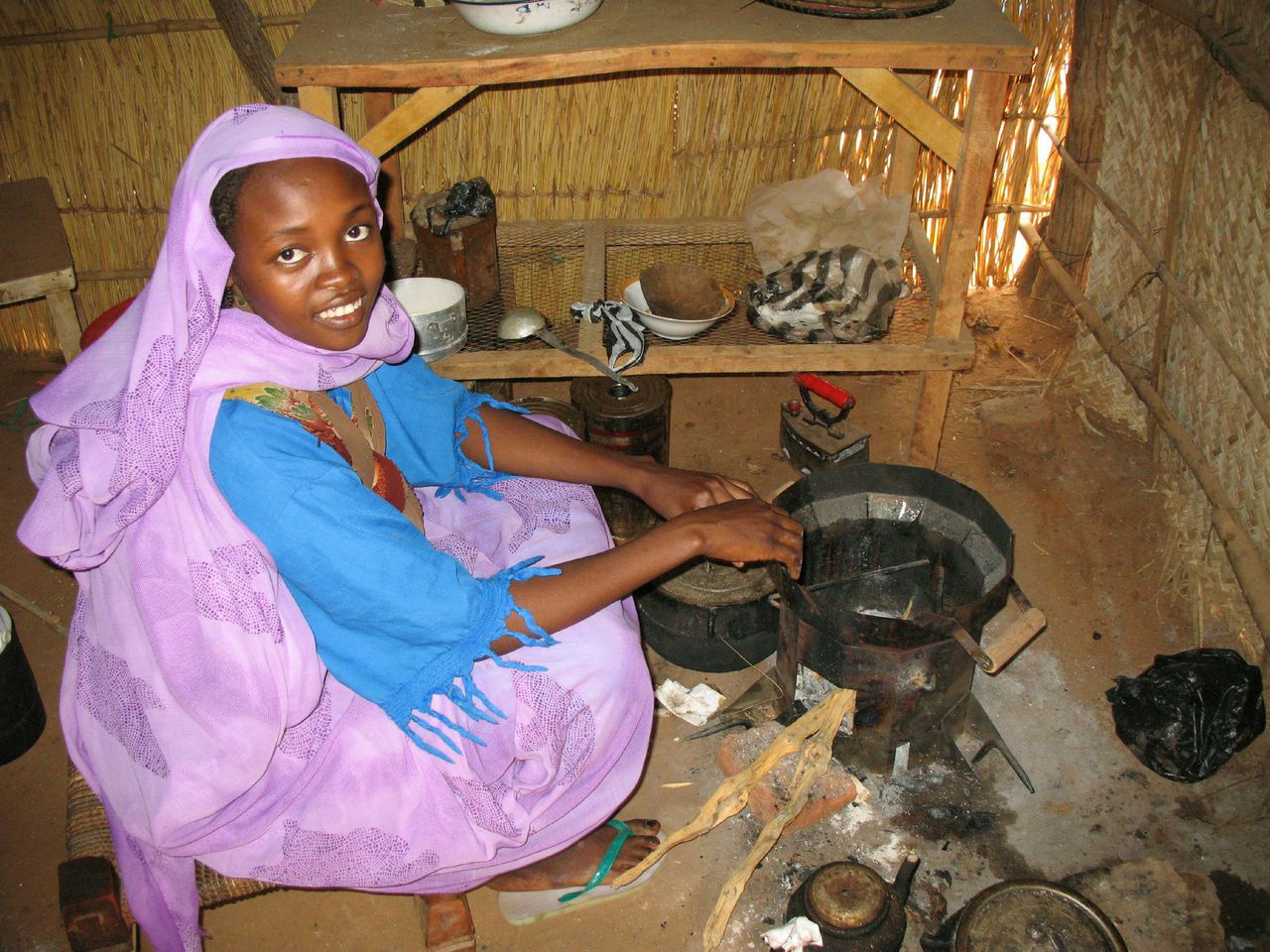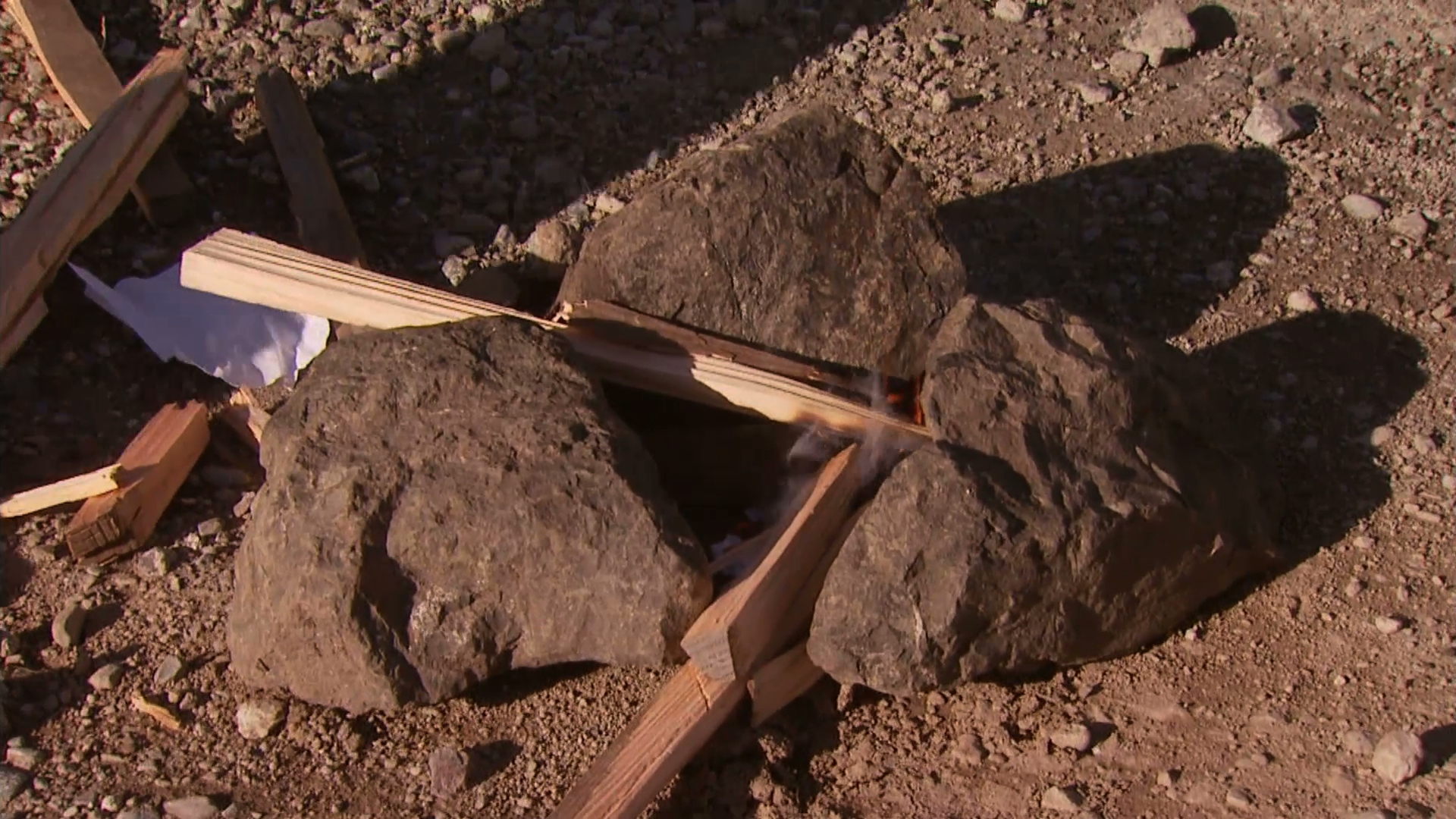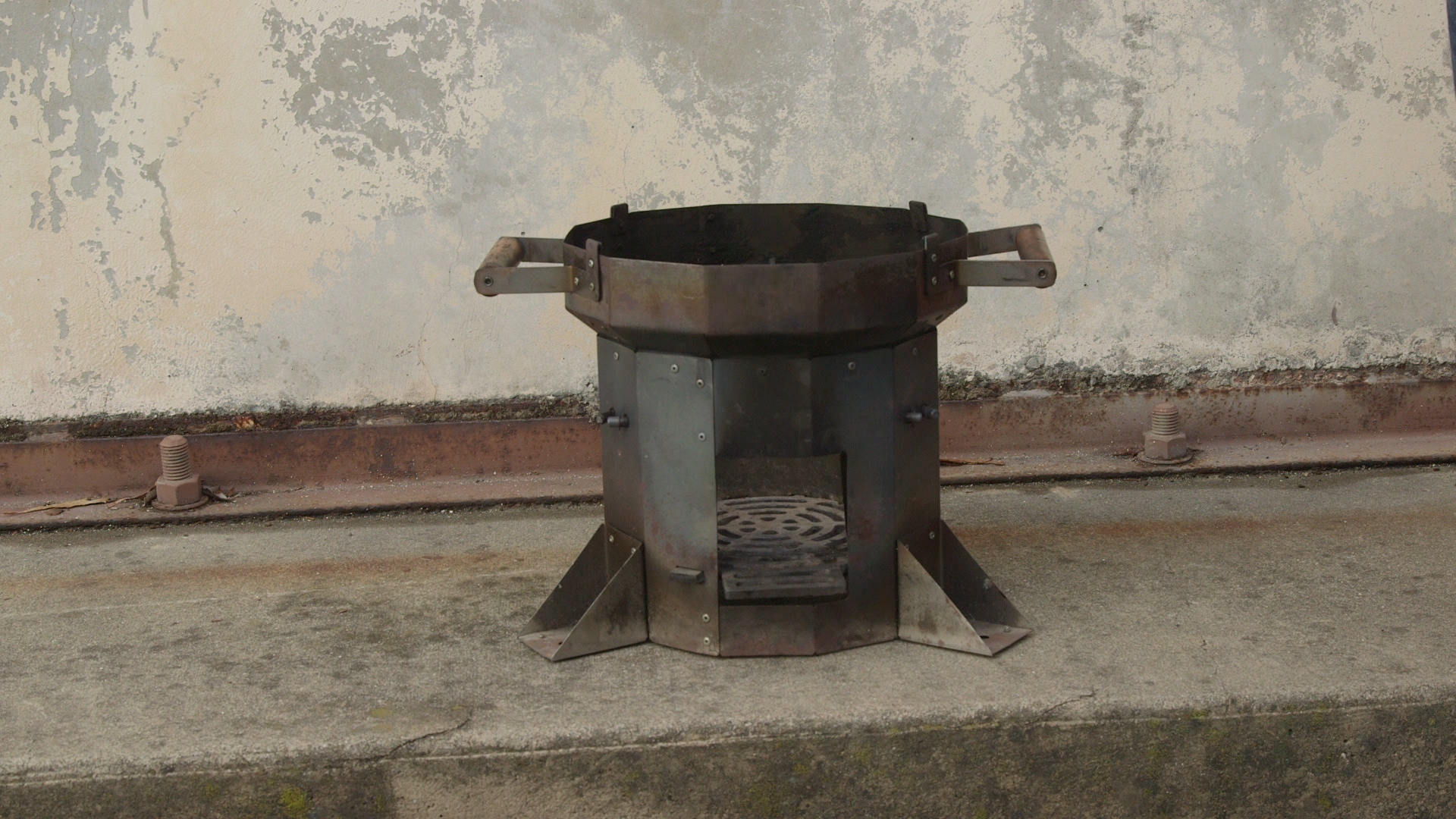
In 2004, physicist Ashok Gadgil was working in his lab at Lawrence Berkeley National Laboratory when he received an unexpected phone call. It was from the Office of Foreign Disaster Assistance, part of United States Agency for International Development (USAID). Officials there needed his help. They told him that refugee women in Darfur, a war-torn region of the African country of Sudan, were being assaulted by roving militias whenever they left the safety of refugee camps to gather firewood to cook food for their families. Some families were even skipping meals and selling their food in order to purchase wood just so they could cook future meals. The agency wanted to know if there was anything Gadgil could do to help. So how, exactly, could a physicist in Berkeley, California, help these women and families on the other side of the world?
Researchers at Lawrence Berkeley National Laboratory have engineered a more efficient stove for people living in refugee camps in Darfur. Having trouble viewing the video? Stream or download it here .
Once Gadgil learned that the women in the refugee camps cook over a three-stone fire, he knew how he could help. A three-stone fire — three stones arranged around a campfire to support a cooking pot — is one of the least efficient ways to cook.

Gadgil thought if he and his team could design a stove that used less wood to cook the same amount of food, they could help the women and their families. And that is precisely what they did. Their Berkeley-Darfur Stove uses half as much wood as a traditional three-stone fire. Use of this stove means that women can spend less time searching for wood outside of the camps.

Over the last decade wood has become increasingly scarce in this region. Now most women in Darfur purchase wood instead of collecting it. Women and families who use the Berkeley-Darfur Stove save about $353 a year in wood costs. That’s worth nearly 70 meals in Darfur. The operation has been so successful that Gadgil founded Potential Energy, a nonprofit organization that helps coordinate the manufacturing and distribution of the stoves in Darfur. As of 2014 there were about 40,000 Berkeley-Darfur Stoves in use.

Interview an engineer about a project they are working on. What problem are they trying to solve? What's the engineering process like for them? What are the challenges? What motivates them? Record the interview using an audio or video recorder and create an audio or video piece 3 minutes or less and share it here. Don't have a recording device? Summarize the interview in a blog post and share that here. Check out what others have made here.